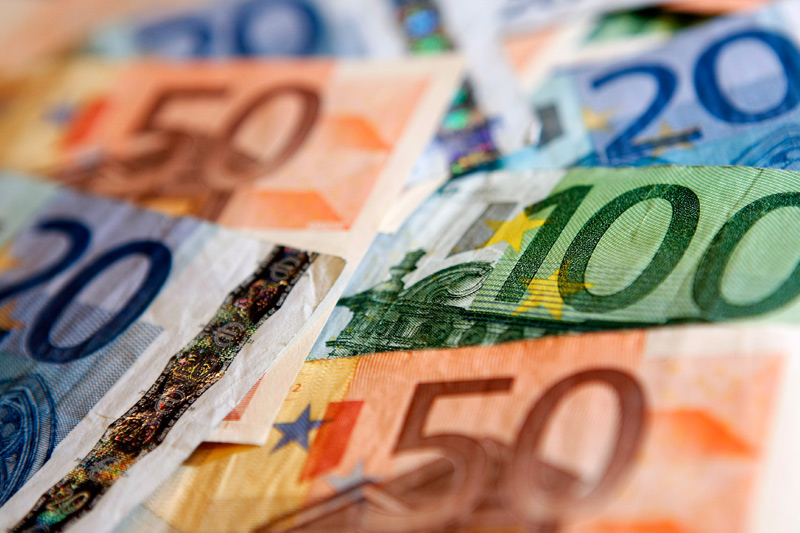Investing.com - The euro pared gains against the U.S. dollar and the yen on Monday, as the initial relief which greeted news that Spain had secured a bailout for its banking sector gave way to concerns over the ongoing debt crisis in the euro zone.
During European late morning trade, the euro pared gains against the U.S. dollar, with EUR/USD up 0.45% to trade at 1.2571, off an earlier high of 1.2669.
The euro strengthened broadly earlier after Spain’s Finance Minister Luis de Guindos said the European Union agreed to grant Madrid a loan of up to EUR100 billion, which the government will use to recapitalize the country’s ailing banking sector.
But investors remained jittery as details of the Spanish bailout agreement remained unclear, with the exact amount Spain is to receive still be decided, after the results of independent banking audits are published later this month.
Meanwhile, uncertainty over the outcome of a Greek general election on June 17, which could determine the course of the country’s future in the euro zone, also weighed.
Elsewhere, the single currency pared back gains against the yen, with EUR/JPY up 0.34% to trade at 99.79, after rallying to a session high of 100.92 earlier.
The euro erased gains against the pound, with EUR/GBP dipping 0.06% to hit 0.8086 but remained little changed against the Swiss franc, with EUR/CHF inching up 0.01% to hit 1.2011.
The euro was broadly lower against the Canadian, Australian and New Zealand dollars, with EUR/CAD edging up 0.19% to hit 1.2869, EUR/AUD inching down 0.02% to hit 1.2620 and EUR/NZD slipping 0.09% to hit 1.6229.
The growth linked currencies shrugged off official data showing that Chinese inflation, industrial output and retail sales disappointed expectations in May, after unexpectedly strong import data eased concerns over a ‘hard landing’ in the world’s second largest economy.
During European late morning trade, the euro pared gains against the U.S. dollar, with EUR/USD up 0.45% to trade at 1.2571, off an earlier high of 1.2669.
The euro strengthened broadly earlier after Spain’s Finance Minister Luis de Guindos said the European Union agreed to grant Madrid a loan of up to EUR100 billion, which the government will use to recapitalize the country’s ailing banking sector.
But investors remained jittery as details of the Spanish bailout agreement remained unclear, with the exact amount Spain is to receive still be decided, after the results of independent banking audits are published later this month.
Meanwhile, uncertainty over the outcome of a Greek general election on June 17, which could determine the course of the country’s future in the euro zone, also weighed.
Elsewhere, the single currency pared back gains against the yen, with EUR/JPY up 0.34% to trade at 99.79, after rallying to a session high of 100.92 earlier.
The euro erased gains against the pound, with EUR/GBP dipping 0.06% to hit 0.8086 but remained little changed against the Swiss franc, with EUR/CHF inching up 0.01% to hit 1.2011.
The euro was broadly lower against the Canadian, Australian and New Zealand dollars, with EUR/CAD edging up 0.19% to hit 1.2869, EUR/AUD inching down 0.02% to hit 1.2620 and EUR/NZD slipping 0.09% to hit 1.6229.
The growth linked currencies shrugged off official data showing that Chinese inflation, industrial output and retail sales disappointed expectations in May, after unexpectedly strong import data eased concerns over a ‘hard landing’ in the world’s second largest economy.
